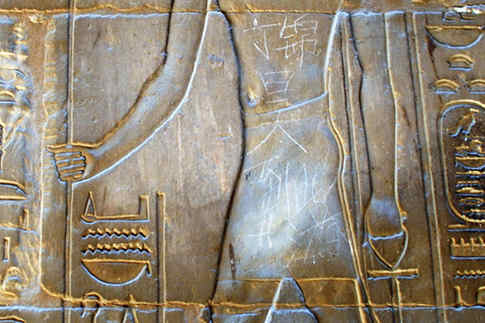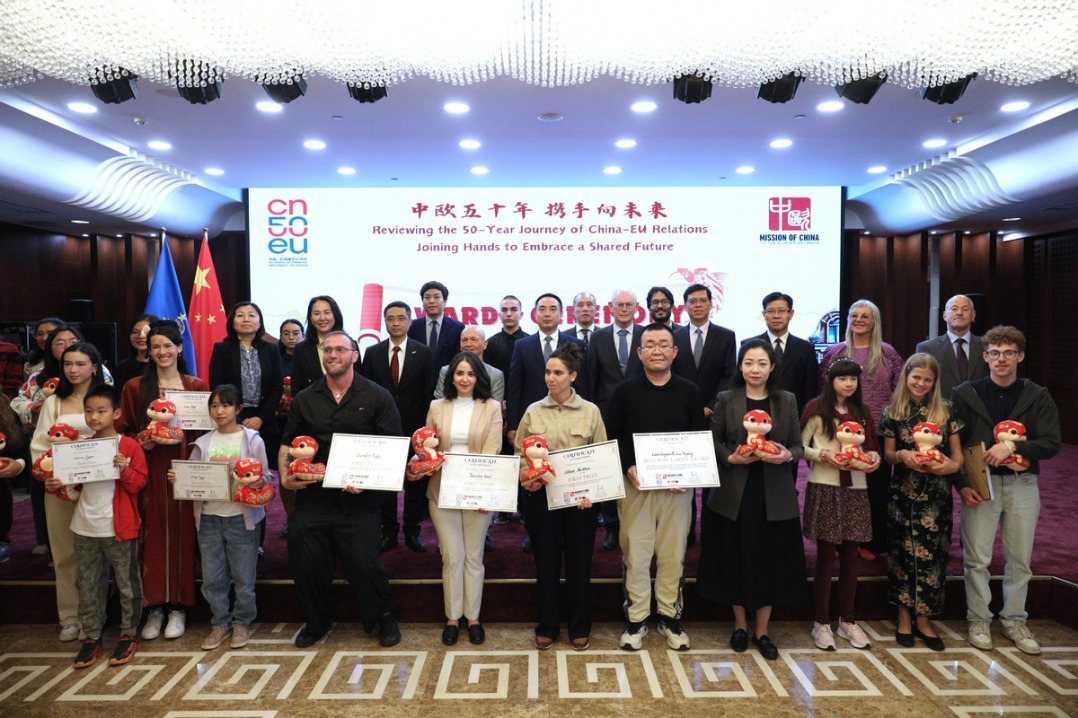“故意损坏文物”英文怎么说
中国日报网 2013-05-28 08:56

“丁锦昊到此一游”事件持续发酵,并引发热烈讨论。据南京媒体报道,昨天丁锦昊的父母通过媒体向公众道歉:“我们向埃及方面道歉,也向全国关注此事的人们道歉。 ”孩子父母表示,孩子意识到了错误,恳请大家给个机会。
请看《中国日报》的报道:

Graffiti on the defaced Egyptian artifact says "Ding Jinhao was here".
The parents of a teen vandal from Jiangsu province have apologized to the public for the graffiti their son scratched on a stone sculpture in an ancient temple in Egypt, which triggered an online uproar as Internet users dubbed it a "loss of face" for all Chinese people.
江苏一名少年在埃及古神庙浮雕上刻字破坏文物的行为在网络上引发热议,不少网友都称其行为丢了全体中国人的脸。目前,该少年的父母已就此事向公众道歉。
上文中的vandal指someone who willfully destroys or defaces property(故意损毁财产或公物的人),teen vandal就是指“损毁文物的少年”。“故意损毁公物的行为”就是vandalism,例如:It is high time to call halt to cultural vandalism.(摧残文化的行为实在应该予以制止了。)如果要表达“损毁(文化艺术品)”这个动作则可用vandalize,如vandalize cultural relics(破坏文物)。
近几年,有关中国游客低素质行为(bad manners)的报道常见报端,包括在国外景点乱扔垃圾(littering)、随地吐痰(spitting)、大声喧哗(making loud noises)以及此次涉及的破坏文物(vandalizing cultural relics)等。
相关阅读
(中国日报网英语点津 Helen)
点击查看更多新闻热词

















 英语点津微信
英语点津微信 双语小程序
双语小程序